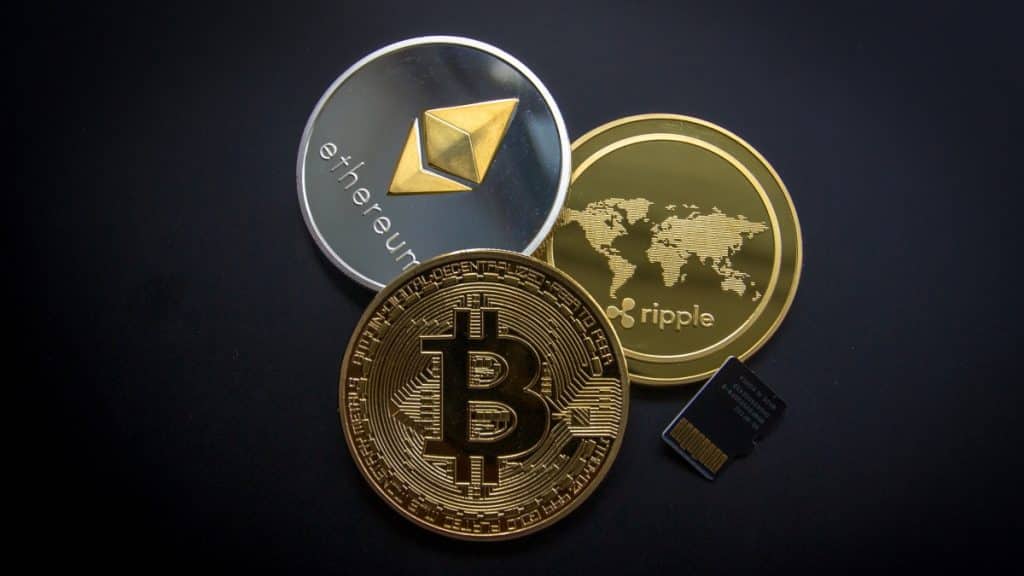As social media continues to evolve, the integration of blockchain-based currency is poised to revolutionize the way we interact, transact, and build communities online. This innovative technology promises to create a more transparent, secure, and decentralized environment, empowering users to take greater control of their digital identities and financial assets. But what exactly does the future hold for blockchain-based currency in social media, and how will it impact users, platforms, and the broader digital economy?
The Emergence of Blockchain in Social Media
A New Era of Decentralization
The integration of blockchain technology in social media represents a significant shift from centralized to decentralized models. Traditional social media platforms are controlled by centralized entities that hold significant power over user data, content, and monetization. In contrast, blockchain-based platforms distribute this power among users, enabling them to have a direct stake in the platform’s governance and economy.
Decentralized social media platforms are designed to provide greater transparency, as all transactions and activities are recorded on a public ledger. This shift not only enhances user trust but also opens up new opportunities for monetization and engagement. You can also explore Wealth Catalyst AI for further information.
Empowering Users with Ownership
One of the most compelling aspects of blockchain-based currency in social media is the concept of ownership. In traditional platforms, users generate content and engagement that primarily benefit the platform owners. With blockchain, users can earn and own digital tokens that represent a share of the platform’s value. These tokens can be used for various purposes, such as accessing premium features, tipping content creators, or even participating in decision-making processes.
Transforming Social Media Economies
New Revenue Models for Content Creators
Blockchain-based currency is set to redefine the way content creators are compensated for their work. Traditional revenue models, such as ad-based monetization, often leave creators with a small share of the profits. Blockchain enables direct transactions between users and creators, eliminating the need for intermediaries and allowing creators to retain a larger portion of their earnings.
For example, creators can receive micropayments from users who enjoy their content, or they can launch token-based crowdfunding campaigns to finance new projects. This shift not only provides creators with more financial independence but also fosters a more engaged and supportive community.
Enhancing Privacy and Security
Privacy and security have always been significant concerns in the realm of social media. Blockchain technology offers a solution by providing a secure, immutable ledger that protects user data from unauthorized access and manipulation. With blockchain, users have greater control over their personal information, deciding what to share and with whom.
The Role of Blockchain in Social Media Governance
Decentralized Decision-Making
Blockchain-based currency has the potential to democratize the governance of social media platforms. Instead of decisions being made by a centralized authority, users can participate in the decision-making process through a decentralized governance model. This model often involves the use of tokens that grant voting rights to users, allowing them to influence platform policies, content moderation, and feature development.
Incentivizing Positive Behavior
Blockchain-based currency can also be used to incentivize positive behavior on social media platforms. For instance, users who contribute valuable content, engage in constructive discussions, or help moderate the community can be rewarded with tokens. These tokens can then be used within the platform or exchanged for other digital assets.
By aligning incentives with positive contributions, blockchain technology can help create a more vibrant and respectful online environment. This approach not only benefits the platform but also enhances the overall user experience.
Challenges and Future Prospects
Overcoming Adoption Barriers
While the potential of blockchain-based currency in social media is immense, several challenges must be addressed for widespread adoption. One of the primary barriers is the complexity of blockchain technology, which can be intimidating for the average user. Platforms must prioritize user-friendly interfaces and education to ensure that blockchain features are accessible to all.
Another challenge is the scalability of blockchain networks. As social media platforms grow in size, they require networks that can handle a high volume of transactions without compromising speed or security. Ongoing advancements in blockchain technology, such as the development of layer-2 solutions, are expected to address these issues in the coming years.
The Future of Social Media with Blockchain
As blockchain technology continues to mature, its integration into social media is likely to accelerate. The future of social media will be characterized by greater user empowerment, enhanced privacy and security, and new opportunities for content creators and communities. While challenges remain, the potential benefits of blockchain-based currency are too significant to ignore.
Conclusion
The integration of blockchain-based currency into social media represents a transformative shift towards decentralization, user empowerment, and enhanced security. By enabling users to take greater control of their digital identities and assets, blockchain technology has the potential to create a more equitable and transparent online environment. While challenges remain, the future of social media with blockchain is bright, promising new opportunities for content creators, users, and platforms alike. As this technology continues to evolve, it will undoubtedly play a crucial role in shaping the next generation of social media experiences.
